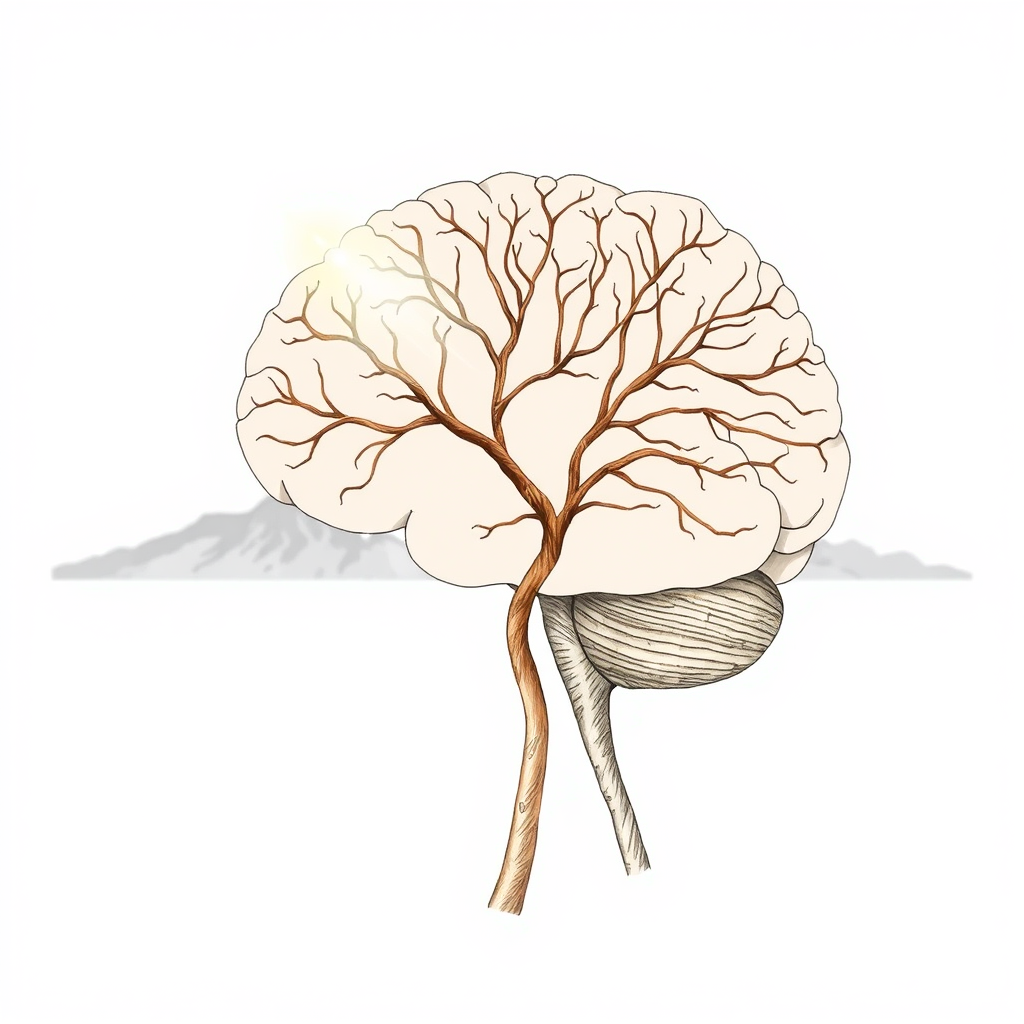New Zealand Approves Magic Mushrooms for Depression Treatment

New Zealand has joined a growing number of nations in approving psilocybin, the active compound in “magic mushrooms,” for medicinal use, specifically for patients with treatment-resistant depression. The move, announced Wednesday by Associate Minister for Health David Seymour, allows a single, approved psychiatrist – University of Otago professor Cameron Lacey – to prescribe the substance under strict monitoring and reporting conditions. While currently classified as an “unapproved medicine,” Seymour expressed hope that more psychiatrists will seek authorization to offer the treatment.
This decision reflects a global shift in perspective regarding psychedelics, challenging long-held assumptions about their potential therapeutic benefits. For decades, psilocybin has been categorized as a federally controlled substance in the United States, deemed to have “no currently accepted medical use” and a “high potential for abuse.” However, mounting research and anecdotal evidence suggest otherwise, prompting countries like New Zealand to reconsider their stance.
New Zealand isn’t alone in this evolving landscape. Australia authorized specific psychiatrists to prescribe psilocybin in July 2023, while Switzerland has permitted its use in both research and treatment since 2014. Canada allows regulated medical use under strict conditions.
The United States is also seeing increasing acceptance, albeit at the state level. Oregon legalized therapeutic psilocybin use in 2020, though access remains limited and costly, with sessions potentially reaching $2,000. Colorado followed suit in 2022, issuing its first dispensing licenses earlier this year, and New Mexico legalized its use in approved settings in April. Several other states, including Minnesota and Massachusetts, are currently considering similar legislation.
Seymour’s rationale – “If a doctor believes psilocybin can help, they should have the tools to try” – encapsulates a pragmatic and patient-centered approach. It’s a welcome departure from overly restrictive policies and a recognition that, for some individuals, psilocybin may offer a lifeline when conventional treatments fail.
The cautious, controlled implementation in New Zealand – and other pioneering nations – is crucial. Rigorous monitoring, strict prescribing guidelines, and ongoing research are essential to ensure patient safety and fully understand the long-term effects of psilocybin-assisted therapy. However, the growing global acceptance of this once-stigmatized substance signals a potentially transformative shift in mental healthcare, offering renewed hope for those struggling with debilitating conditions. It’s a trend that deserves careful observation and, where appropriate, responsible adoption.